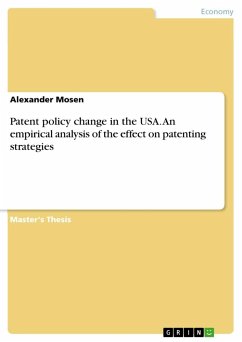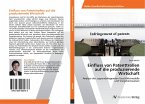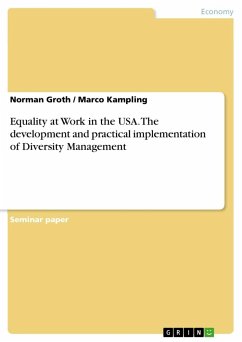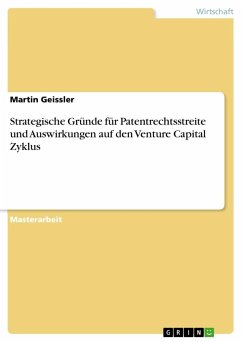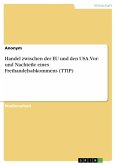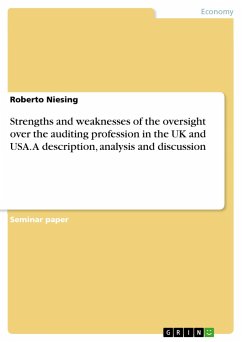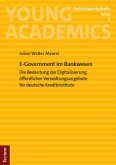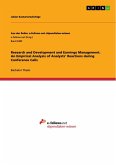Master's Thesis from the year 2016 in the subject Business economics - Operations Research, grade: 1,0, Technical University of Munich, language: English, abstract: This study investigates the impact of the recent US patent policy weakening around the America Invents Act, analyzing the US market for patent transactions. In an investigation of transactions derived from the USPTO's Patent Assignment Database, we examine patent transfers between companies from 1995 until September 2015. Due to declining acquisitions, but increasing sales of patents conducted by patent trolls after 2012, our findings suggest that the business of patent trolls largely suffered from recent policy measures. Furthermore, we find that large patent trolls have changed their strategy towards splitting risk, as they recently tend to distribute their patent portfolio across different shell companies.However, we are unable to identify a decline concerning the activity of firms on the market for patent transactions, due to the weakening of patent protection. We ascribe the consistent level of participation on the market to a redistribution of intellectual property rights after the policy changes and to purchases motivated by speculations on a further policy reversal. Additionally, we observe an unexpected increase in patent sales to non-US companies in 2014 and 2015, as the slight decrease in patent purchases by other non-US companies is overcompensated by a growing number of transactions to Asian assignees.

